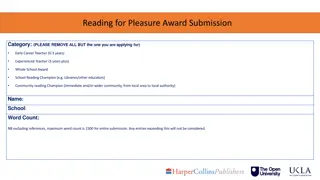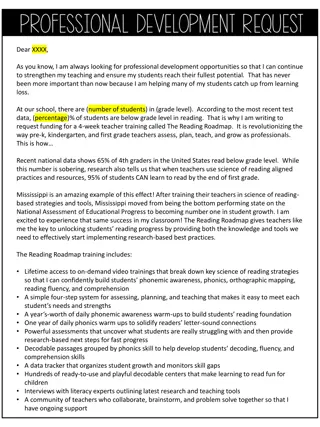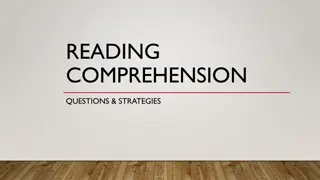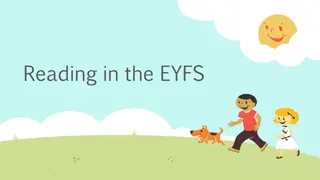
Interpreting Body Language: Common Mistakes and Communication Tips
Discover common mistakes in interpreting body language and learn how gestures can vary in meaning depending on context. Explore the fascinating story of Konosuke Matsushita, the founder of Panasonic Corporation, and understand the power of euphemisms in communication.
Download Presentation

Please find below an Image/Link to download the presentation.
The content on the website is provided AS IS for your information and personal use only. It may not be sold, licensed, or shared on other websites without obtaining consent from the author. If you encounter any issues during the download, it is possible that the publisher has removed the file from their server.
You are allowed to download the files provided on this website for personal or commercial use, subject to the condition that they are used lawfully. All files are the property of their respective owners.
The content on the website is provided AS IS for your information and personal use only. It may not be sold, licensed, or shared on other websites without obtaining consent from the author.
E N D
Presentation Transcript
16 _1 / p. 56 Reader s Bank Level 8 A common mistake we make when interpreting body language is to meaning of a particular gesture can vary depending on other gestures that occur at the same time. For example, scratching the head can mean confusion, uncertainty, forgetfulness or lying. In order to determine which of these meanings is the right one, you have to refer to other gestures that are shown simultaneously. . It is because the
16 _2 / p. 56 Reader s Bank Level 8 Body language is somewhat like spoken or written language. Each gesture is like a single word which can vary in meaning according to the surrounding words. In order to understand body language exactly, we should think about gestures in the same way we think about the words in sentences. We communicate mainly through our body language. Just as we cannot fully understand the meaning of a word without a context, we cannot understand a gesture without others connected to it.
17 , _1 / p.58 Reader s Bank Level 8 Konosuke Matsushita was the founder of the world famous Panasonic Corporation. His success was even more impressive because he worked his way up from the bottom. When he was a boy, his father s business went bankrupt, and he was forced to quit school and work in a bicycle shop. He had a rough childhood, but that didn t stop him from pursuing his dream. One day, a reporter asked the president, What s the secret of your success? Matsushita said, I received three blessings in disguise: poverty, physical weakness and no schooling. Puzzled by this answer, the reporter asked again, How on earth did those three shortcomings help you?
17 , _2 / p.58 Reader s Bank Level 8 Matsushita explained, Being poor, I had to work hard to earn a living, and this gave me many valuable experiences. Born physically weak, I made myself stronger through exercise, which helped me stay fit even until 90. I see, said the reporter, but how could no schooling be a blessing? I never even finished elementary school, so I tried to learn from everyone in the world. I owe them a large part of my wisdom.
18 _1 / p.60 Reader s Bank Level 8 Americans usually say restroom for toilet. They also use plain instead of ugly. Why? They do it to soften or hide an unpleasant truth or to avoid hurting someone s feelings. This style of speech is called euphemism. Euphemisms are used in various situations. In schools, teachers refer to less intelligent students as intellectually challenged or as having special learning needs. At funerals, people don t want to upset the family or friends of the person who died. So they say that the person passed away rather than died. At the hospital, doctors use expressions such as private parts or down there for sex organs. At a party, a person who has had too much alcohol might be described as tired and emotional rather than drunk.
18 _2 / p.60 Reader s Bank Level 8 While these euphemisms might seem silly, they can be useful in protecting people s feelings. Without them, our culture would be more honest but much rougher!






















